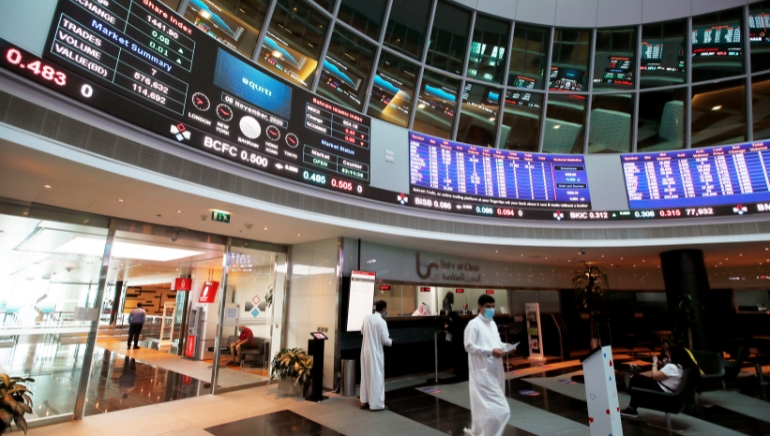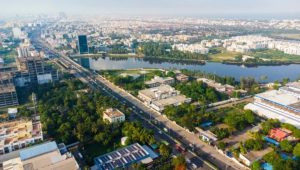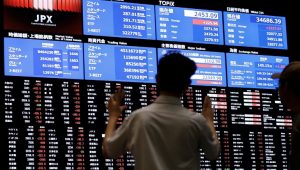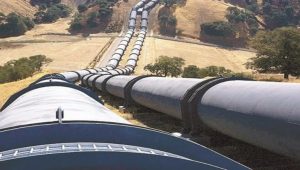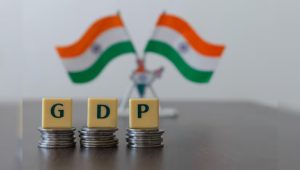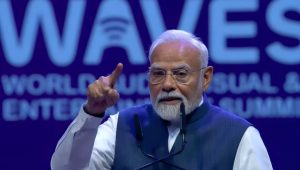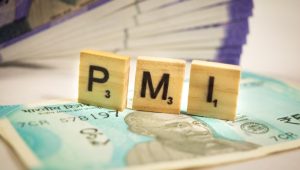On Sunday, most Gulf markets closed higher, bolstered by U.S. inflation data suggesting a potential interest rate cut this year and a surge in crude prices. Although consumer prices rose less than expected in December, underlying inflation remained strong, allowing central banks to adjust rates as expected.
Due to currency pegs to the US dollar, the monetary policy of the Gulf Cooperation Council (GCC) often reflects the actions of the Federal Reserve; therefore, investors eagerly await the release of the January U.S. inflation numbers.
In Saudi Arabia, the benchmark index edged up by 0.5%, supported by gains in Al Rajhi Bank and Saudi Arabian Mining Co. Moreover, news of Saudi Arabia’s possible further sale of Aramco shares to diversify its economy from oil positively impacted investor sentiment. However, Aramco’s shares experienced a slight decline.
Qatar’s index surged by 0.8%, primarily driven by Qatar Gas Transport’s selection by QatarEnergy to manage conventional-size LNG carriers. Gulf Cooperation Council nations, including the UAE, closely monitor and align their monetary policies with those of the Fed, despite a significant drop in U.S. retail sales.
The National Shipping Company for Saudi Arabia witnessed a substantial increase as Saudi Arabia’s benchmark index reached its highest level since August 2022. Meanwhile, the annual net profit of the National Agricultural Development Company rose significantly.





